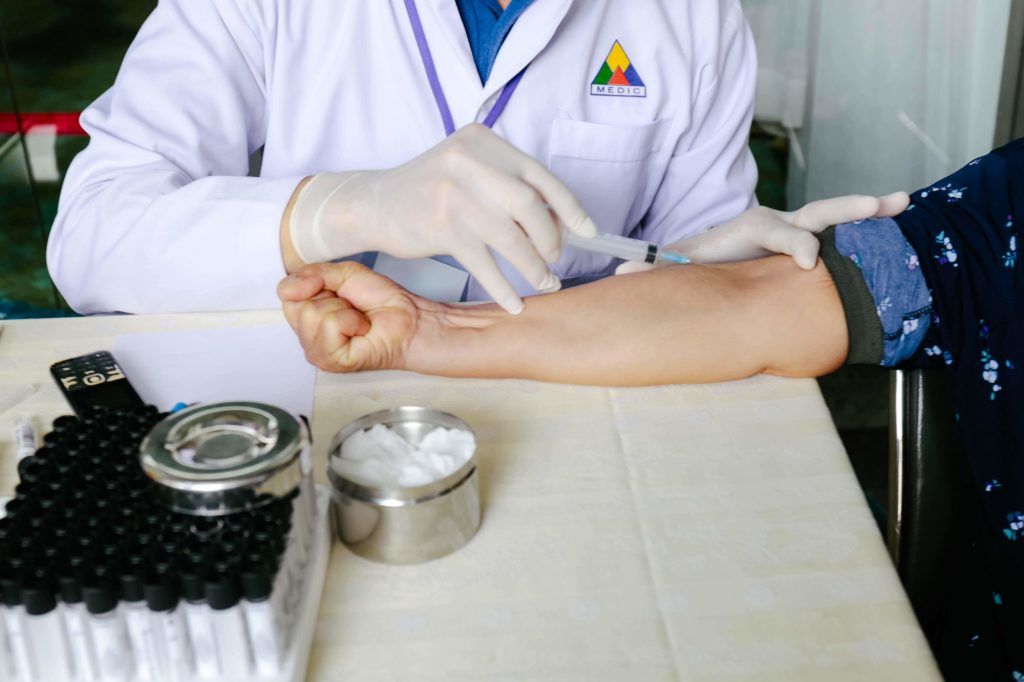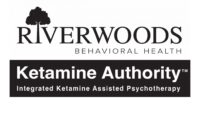
For many people who suffer from severe depression, anxiety, or PTSD, traditional forms of treatment – such as medication and talk therapy – have been ineffective. But there is new hope on the horizon in the form of ketamine therapy.
Ketamine has been used for decades as an anesthetic, but recent studies have shown that it can also be an effective treatment for mood disorders. In fact, ketamine has been shown to be up to 80% effective in treating depression, and it can work much faster than traditional antidepressants.
So what does a doctor-led ketamine therapy session feel like?
During a typical session, patients will sit or lie down in a comfortable position and listen to soothing music. They may also wear an eye mask to help them relax.
A doctor will then administer a low dose of ketamine through an IV. Patients typically don't feel any effects from the ketamine for the first 30 minutes or so.
After that, patients may start to feel a sense of relaxation and calm. Some people also report experiencing visual hallucinations, but these are usually short-lived and not unpleasant.
The effects of ketamine typically last for about an hour, and patients are usually awake and alert the entire time. There is no hangover or next-day grogginess associated with ketamine therapy.
If you are struggling with depression, anxiety, or PTSD, ketamine therapy may be right for you. Talk to your doctor about whether this innovative treatment could help you find relief.
Are there any side effects from the therapy?
Ketamine is generally well-tolerated, and most people don't experience any significant side effects. Some people may feel nauseous or disoriented after a session, but these effects usually go away quickly.
There is also a small risk of developing a dissociative disorder if ketamine is used excessively or without medical supervision. For this reason, it's important to only receive ketamine therapy from a licensed medical professional.
If you are interested in trying ketamine therapy, talk to your doctor about whether it is right for you.


